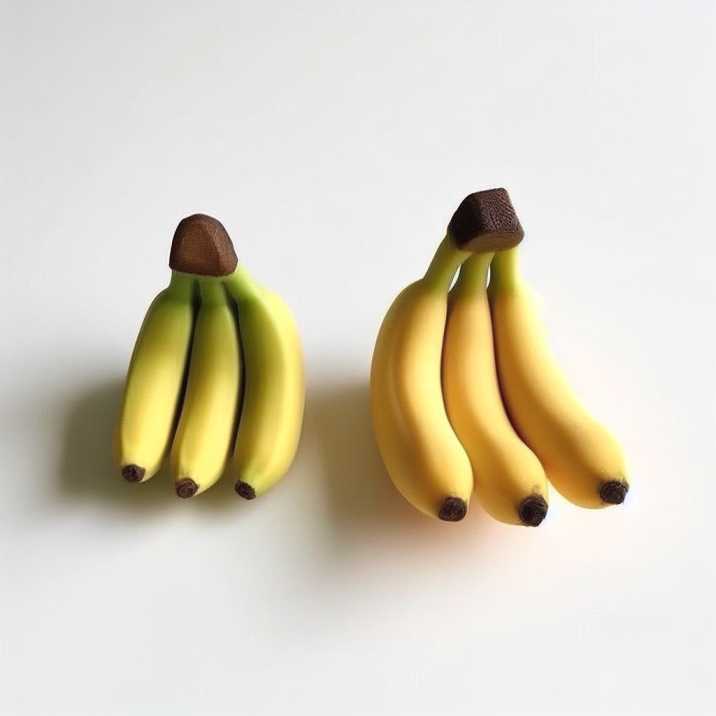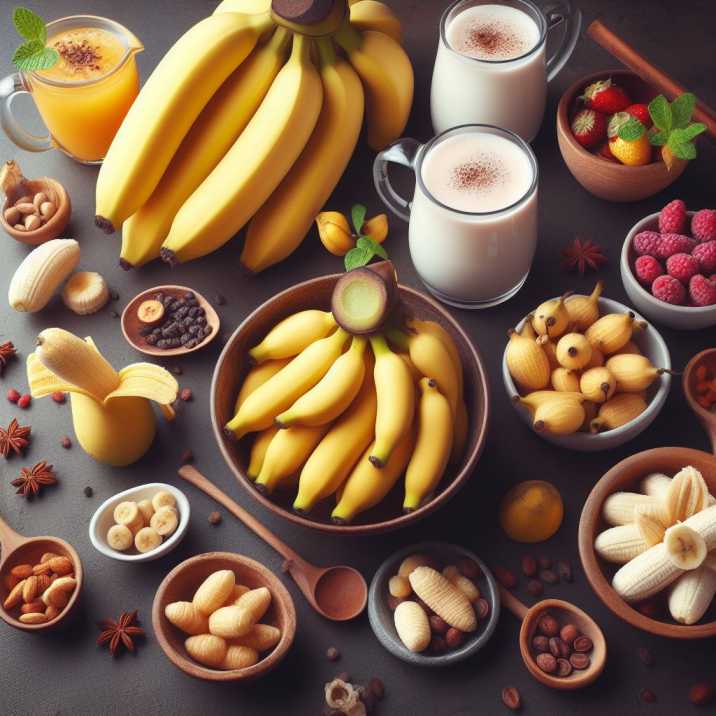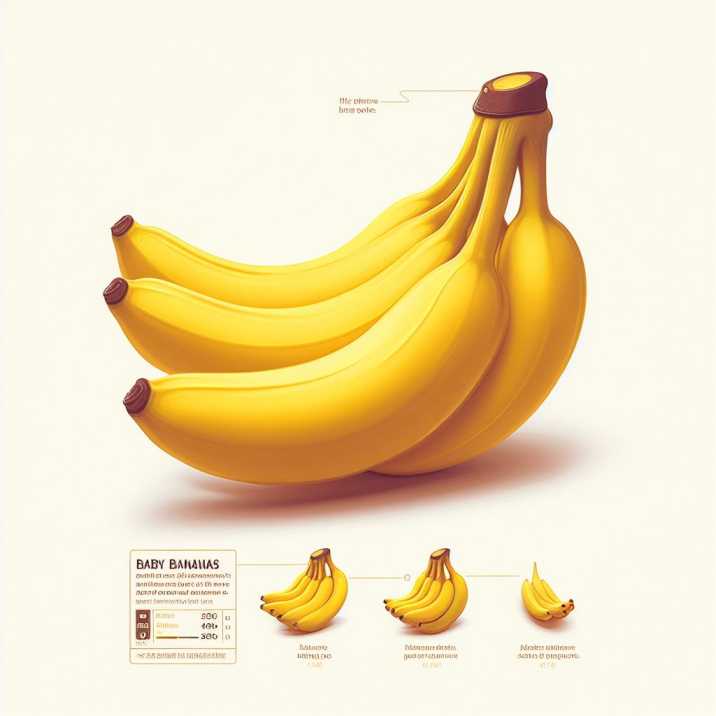Introduction
Table of Contents
Are baby bananas more nutritious than regular bananas? In the world of fruits, bananas stand out for their sweetness, convenience, and nutritional value. However, the spotlight is turning toward the petite variety—baby bananas. Let’s peel back the layers and delve into the nutritional nuances to answer this question definitively

The Nutritional Content of Baby Bananas vs. Regular Bananas
To truly understand the nutritional disparity between baby bananas and regular bananas, it’s crucial to examine their respective nutrient profiles. Baby bananas, also known as mini or finger bananas, pack a punch in terms of potassium, vitamin C, and vitamin B6. These petite wonders are also rich in fiber, promoting digestive health.
On the other hand, regular bananas boast similar nutritional benefits but in varying quantities. They are slightly higher in calories and provide a more substantial amount of potassium per serving compared to their smaller counterparts.
Nutrient Density: A Key Differentiator
While both baby bananas and regular bananas offer essential nutrients, the question of nutrient density arises. Nutrient density refers to the concentration of vitamins and minerals per calorie in a given food. In this context, baby bananas, with their compact size, exhibit higher nutrient density.
This higher nutrient density can be attributed to the fact that baby bananas contain the same essential nutrients as regular bananas but in a more concentrated form. This characteristic makes them an excellent choice for individuals aiming to maximize their nutrient intake within a calorie-controlled diet.

The Power of Potassium in Baby Bananas and Regular Bananas
Potassium is a vital mineral that plays a crucial role in maintaining proper heart and muscle function, among other essential bodily functions. Both baby bananas and regular bananas are excellent sources of potassium. However, the compact size of baby bananas means you can enjoy the benefits of potassium with fewer calories.
Taste and Texture
Beyond the nutritional aspect, the taste and texture of baby bananas differ from their larger counterparts. Baby bananas are known for their creamier texture and slightly sweeter taste. This unique flavor profile can be a delightful addition to various dishes and snacks.
Culinary Versatility
The smaller size of baby bananas opens up new possibilities in the kitchen. They are ideal for adding a sweet touch to salads, cereals, and desserts. Their petite nature also makes them a convenient on-the-go snack, perfect for both children and adults.

Conclusion
In conclusion, the choice between baby bananas and regular bananas ultimately depends on individual preferences and dietary goals. If you’re aiming for higher nutrient density with a sweeter flavor and creamier texture, baby bananas are the way to go. On the other hand, if you prefer a larger fruit with slightly more potassium per serving, regular bananas remain a healthy choice.
Frequently Asked Questions (FAQs)
- Q: Are baby bananas better for weight management? A: Yes, due to their smaller size and higher nutrient density, baby bananas can be a great choice for those watching their calorie intake.
- Q: Can I use baby bananas in baking? A: Absolutely! The sweet and creamy nature of baby bananas makes them an excellent addition to baked goods like muffins and bread.
- Q: Are regular bananas more cost-effective than baby bananas? A: Generally, regular bananas tend to be more cost-effective, but prices may vary depending on your location.
- Q: Which banana variety is better for children? A: Baby bananas are often a hit with children due to their smaller size, sweeter taste, and easy-to-hold shape.
- Q: Do baby bananas have any unique health benefits? A: Yes, the higher nutrient density in baby bananas can offer enhanced health benefits within a smaller serving size.
- Q: Are there any specific recipes that work well with baby bananas? A: Yes, baby bananas are perfect for smoothies, fruit salads, and as a topping for yogurt.
- Q: Do baby bananas have a longer shelf life than regular bananas? A: Generally, both varieties have a similar shelf life, but individual ripening times may vary.
- Q: Can I substitute baby bananas for regular bananas in recipes? A: Yes, you can substitute them in many recipes, but be mindful of the difference in size and adjust accordingly.
- Q: Are there any drawbacks to consuming baby bananas? A: While there are no major drawbacks, individuals with specific dietary restrictions should be mindful of portion sizes.
- Q: Are baby bananas genetically modified? A: No, baby bananas are a natural variety of banana and are not genetically modified.
- Q: Can baby bananas be frozen for later use? A: Yes, you can freeze baby bananas for use in smoothies or desserts.
- Q: Are there any cultural or regional preferences for baby bananas? A: Yes, in some regions, baby bananas are a traditional and preferred variety due to their unique flavor and size.

